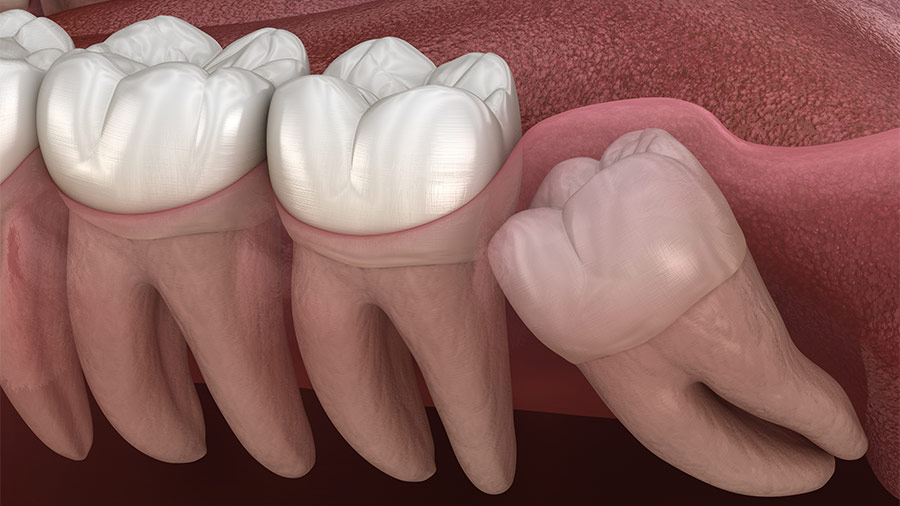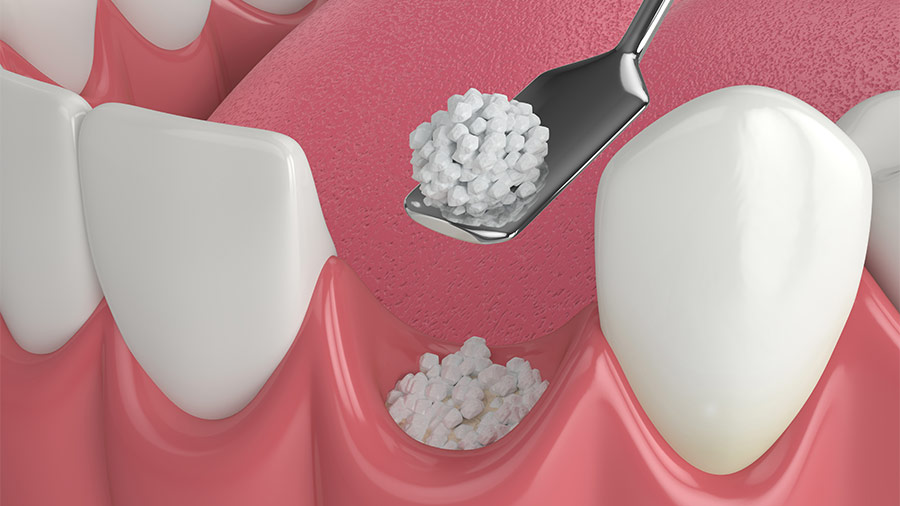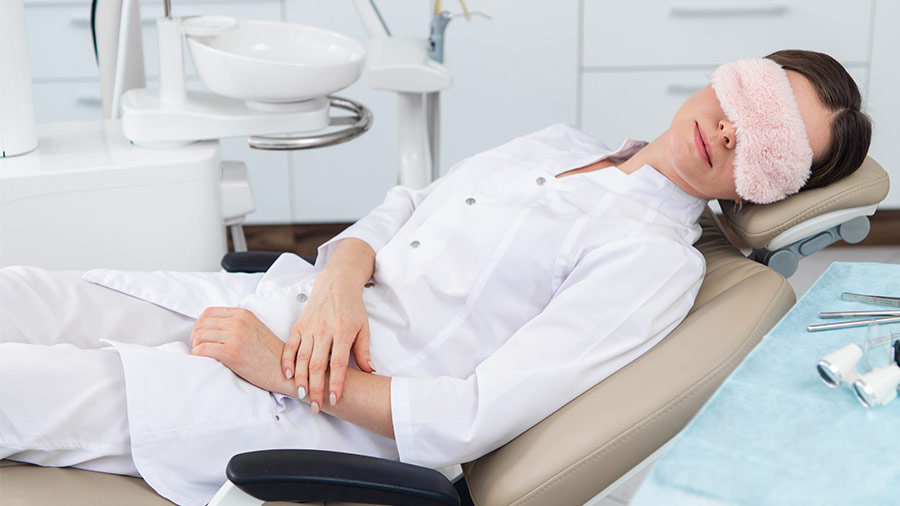Oral Surgery, Extractions & Sedation
Oral surgery is a specialized field of dentistry that involves surgical procedures performed in the mouth, jaws, and facial regions. It includes extraction of teeth, particularly wisdom or impacted teeth extractions, dental implant placements, corrective jaw surgery, and treatment of oral diseases. Our Oral surgeon is trained to perform these procedures, which often require advanced surgical skills and expertise. We also offer sedation with our Anesthesiologist if needed!

Oral Surgery Solutions
Our very own Dr. Claudio Tocchio is a highly skilled and experienced Oral and Maxillofacial Surgeon and has performed over ten thousand orthognathic surgical procedures. Dr. Tocchio was a clinical instructor at the University of Toronto, post graduate, Oral & Maxillofacial Surgery program at Toronto General Hospital as well as a past president of Ontario Society of Oral Maxillofacial Surgery. He was the chief of dentistry at North York General Hospital and is currently still on staff at the hospital. Below are some of the solutions we offer at Vitality :
Wisdom Teeth Removal & Extractions

Simple dental extractions are routine dental procedures to remove a tooth that can be easily accessed and removed using basic techniques. These extractions are typically performed for teeth with intact crowns, minimal root curvature, and no significant complications. A local anesthetic is often used to numb the area, and the tooth is gently loosened and extracted with forceps.
Complicated and surgical extractions are dental procedures performed to remove teeth that cannot be easily extracted using simple techniques. These extractions are often necessary for impacted teeth, severely damaged or broken teeth, or teeth with complex root structures. Surgical extractions may involve incisions, bone removal, or tooth sectioning, and are typically performed by oral surgeons or specially trained dentists.
Wisdom teeth removal, also known as third molar extraction, is a common dental surgical procedure. It involves the removal of the third set of molars, located at the back of the mouth, to prevent potential dental issues. This procedure is often performed when these teeth become impacted, cause pain, or pose a risk to surrounding teeth and oral health.
Bone Grafting / Augmentation

Bone grafting involves taking bone material from one area of the body (autograft), a donor source (allograft), or synthetic materials (alloplastic graft) and placing it into a site with insufficient bone volume. This procedure is commonly used to fill in small voids, repair bone defects, or facilitate implant placement by providing a stable foundation. It’s often employed in cases of tooth extraction and to treat bone loss due to disease or trauma.
Bone augmentation encompasses a broader range of procedures aimed at increasing the height, width, or density of existing bone. This can involve bone grafting but may also include techniques like ridge augmentation, sinus lifts, or guided bone regeneration. Bone augmentation is typically employed when more extensive bone restructuring is required to support dental implants or improve the aesthetics of the jaw.
Sinus lifts, or sinus augmentation, are oral surgery procedures that increase the bone volume in the upper jaw to support dental implants. This involves lifting the sinus membrane and placing bone graft material beneath it. Sinus lifts are often performed when there is insufficient bone height in the posterior upper jaw to accommodate implants.
Sedation & Sleep Dentistry

Anesthesiologist use various sedation methods, such as nitrous oxide, oral sedatives, or intravenous (IV) sedation, to help patients relax and alleviate anxiety during dental procedures. Sedation ensures that patients are at ease and less anxious while undergoing dental treatments. This is particularly beneficial for individuals with dental phobias or those requiring lengthy or complex procedures.
Oral pathology services encompass the diagnosis and management of various oral and maxillofacial diseases and conditions. This includes evaluating and treating issues like oral cancer, precancerous lesions, infections, oral ulcers, and autoimmune disorders. Oral pathologists utilize advanced diagnostic techniques, such as biopsies and laboratory tests, to provide accurate diagnoses and guide appropriate treatment plans.
Oral cancer screening with VELscope is a specialized diagnostic technique that uses fluorescent light to identify potential abnormalities in the oral tissues. It aids in the early detection of oral cancer, precancerous lesions, and other oral mucosal abnormalities. VELscope technology highlights areas of concern, allowing dentists and healthcare providers to investigate further and initiate prompt treatment when necessary.
Dental trauma refers to injuries that affect the teeth, gums, or supporting structures, often resulting from accidents or sports-related incidents. Common dental traumas include avulsed (knocked-out) teeth, fractured teeth, and soft tissue injuries. Immediate action is crucial for the best outcomes. If a tooth is knocked out, handle it by the crown, rinse gently with milk or saline if dirty, and try to reinsert it into its socket. If reinsertion isn’t possible, store the tooth in milk or saliva and seek prompt dental care. Fractured teeth may require bonding, crowns, or root canals, depending on the severity. Soft tissue injuries should be cleaned and evaluated by a dentist to prevent infection. Regular dental check-ups are essential for monitoring and addressing any long-term consequences of dental trauma.
Facial trauma refers to injuries affecting the structures of the face, including bones, soft tissues, and teeth. It commonly results from accidents, falls, sports injuries, or assaults. Symptoms may include pain, swelling, bruising, and difficulty with facial movements or vision. Immediate medical attention is crucial to assess and treat any fractures, lacerations, or dental injuries and to prevent potential complications such as infection or long-term facial deformities. Follow-up care and rehabilitation may be necessary for a full recovery.
Get to know us better!
I don’t think it would be possible for Vitality Dentistry and Dr. Singh to be better at what they do, in my 10+ years of going here I have only received excellent care and service. I have knocked out my front teeth twice, and both times they made it an incredible process that was hassle free and had me walking out of the office feeling pain free. I had a new smile built for me and the compliments I still to this day consistently receive have made it clear to me how important it is to take care of your teeth, something that this place will absolutely do for you.
Naveen C
DentAl Trauma patient



